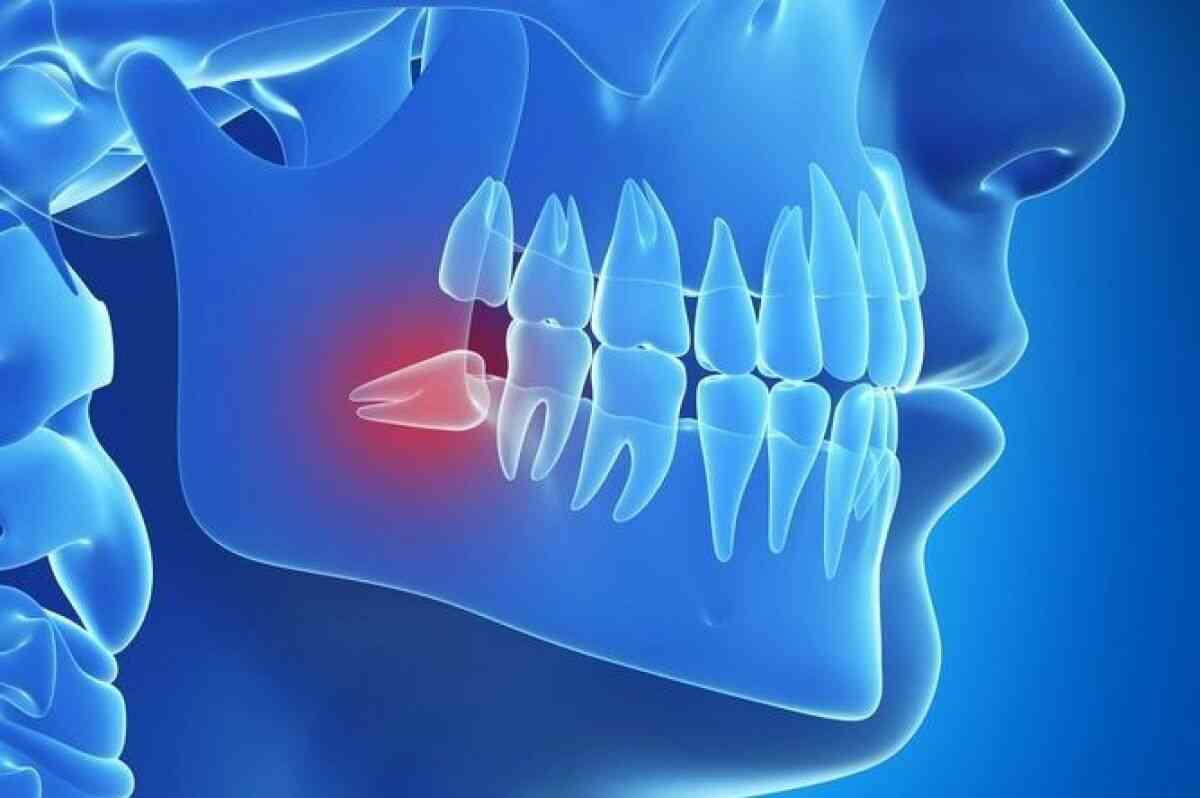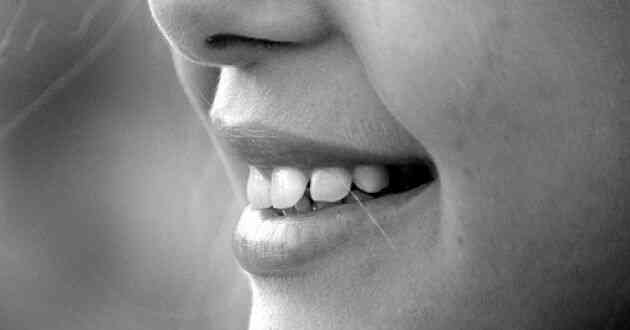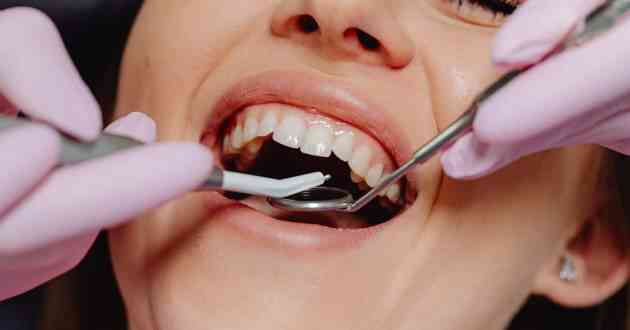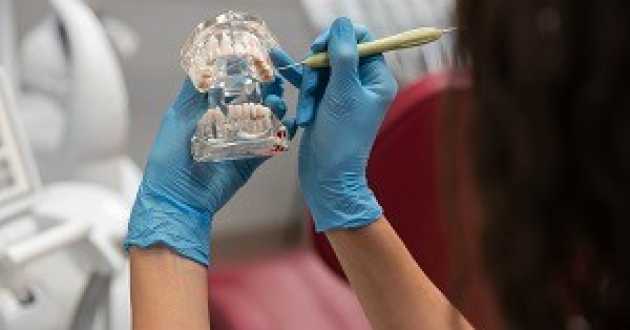Signs Your Wisdom Teeth Are Causing Problems
- - Category: Dental Care
- - 14 Dec, 2021
- - Views: 829
- Save

Sooner or later, most of us will have to get their wisdom teeth removed.
Sooner or later, most of us will have to get their wisdom teeth removed. It is only a matter of time before they have to be taken out, but how do you know when it is time to say goodbye. Usually, it is your dentist who will decide if they need to be extracted by looking at x-rays and determining if they will cause problems in the future. First, it is important that you know the warning signs of a troublesome wisdom tooth so any possible issues can be identified as soon as possible.
One of the most noticeable signs that your wisdom teeth has to be taken out is irritation and pain at the tooth site and when you open your mouth. Wisdom teeth usually erupts between the ages of 17 and 21. They are the last to emerge from the mouth so they are usually the ones that become impacted. Because there is not enough room for them in the haw, they can come in tilted, sideways or misaligned, pressing up against the teeth beside it.
Persistent Pain and infection
An impacted tooth can be painless, but once it tries to erupt, the overlying gums can swell and cause pain, which you can feel in the area surrounding that tooth. The pain can occur for days and disappear for weeks before returning. Usually, the pain increases the longer it is left untreated. Partially erupted tooth can collect food, debris and plaque that can lead to gum swelling, tooth decay and pericoronitis. This is an infection where bacteria from food and plaque becomes trapped between the impacted tooth and gum. If left untreated, the infection can spread to the throat and to the neck.
Swollen Gums and Jaw Stiffness
As wisdom teeth come in, they can push against the other teeth and make them move. This can cause discomfort in the jaw, making it feel sore, stiff and hard to open. This can also cause swelling of the gum on the side of the jaw and the back of the mouth. Swollen and red gums are caused by an extra flap of gum tissue next to the tooth as a result of wisdom teeth partially erupting. This infection is known as pericoronitis. Wisdom teeth can lead to gum disease at the back of the mouth. Some of the most common signs of this infection include pain and swelling; tender and bleeding gums; swollen and sore lymph glands under the jaw; fever; difficulty swallowing and opening the mouth; and pus coming from the gum.
Cavities and Cysts
If you ignore your wisdom teeth, cysts and other benign jaw tumors can develop. These are sacs of fluid that gets accumulated and infected nearby areas. This can damage the roots of nearby teeth and lead to bone destruction in rare cases. Impacted teeth can also cause problems like tooth decay and cavities. When they push on the neighboring molar, tooth movement can happen, leaving spaces and gaps between the teeth that cannot easily be cleaned with toothbrushing. Because of this, they can collect food and bacteria, which will eventually cause cavity formation.
Sinus Issues and Eating Difficulties
You can tell if your wisdom teeth are coming through if you experience sinus pressure, congestion and pain, particularly in the upper jaw area. The growth of the tooth and the development of its roots push against the sinuses above and behind it. Because of this pressure, headaches and sinus pain can take place. Misalignment because of wisdom teeth can make it hard to open and close the jaw. Thus, you can experience pain when you bite or chew. Another sign that your wisdom teeth are coming through is an unpleasant pain in the mouth and bad breath.
If you experience any of the signs and symptoms listed above, you should visit your dentist. They will examine your mouth and take x-rays as necessary to see if your wisdom tooth are erupting and if they are impacted. If your wisdom teeth are problematic, they may have to extracted.



